Huge clue Donald Trump could run for unconstitutional third term
Constitutional academics and MAGA enthusiasts are grappling with the idea of a third Trump term … and it’s not entirely hypothetical.
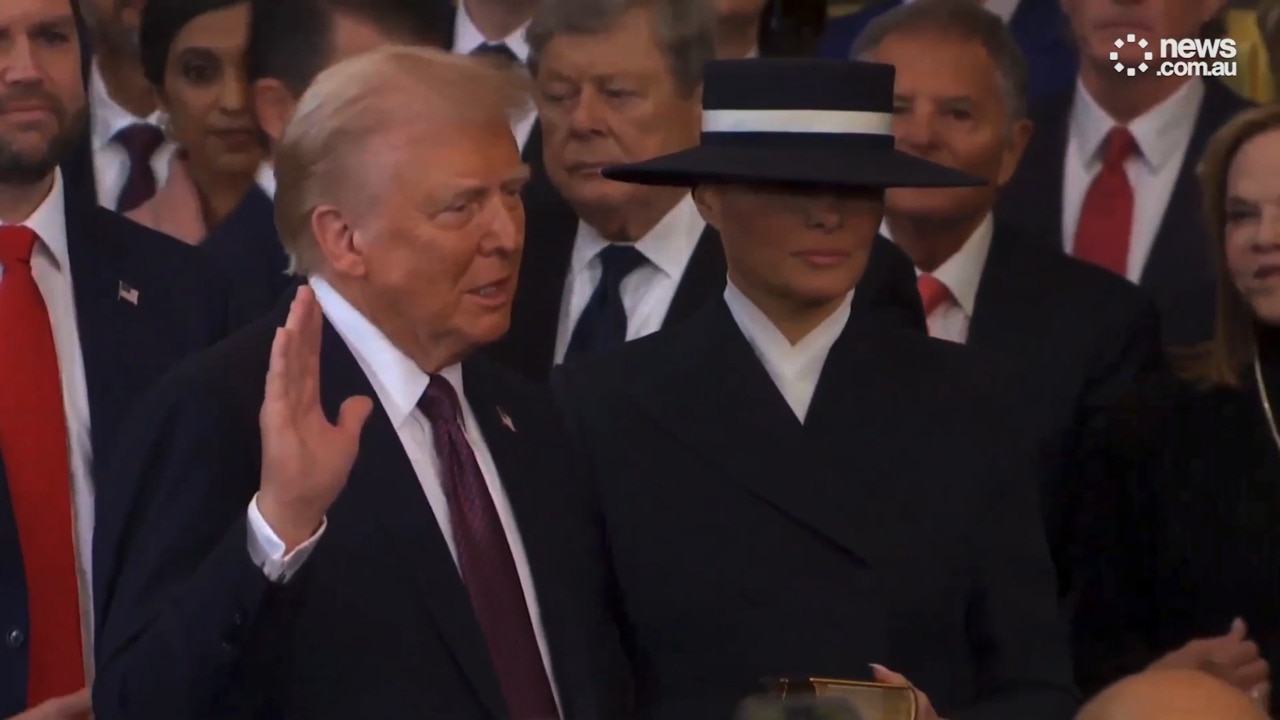
Donald Trump’s back. He won the election. He won the popular vote. His presidential mandate is clear. And he’s revelling in his return to power.
But what if he doesn’t want to leave after another four years, just as he didn’t want to accept the 2020 electoral outcome?
Constitutional academics and MAGA (Make America Great Again) enthusiasts are grappling with the idea of a third Trump term.
It’s not entirely hypothetical.
The 78-year-old has already floated the idea – several times.
When the President-elect met with congressional Republicans shortly after his November 2024 election victory, he quipped: “I suspect I won’t be running again unless you say, ‘He’s so good we’ve got to figure something else out’.”
It may have been just a joke. Or not.
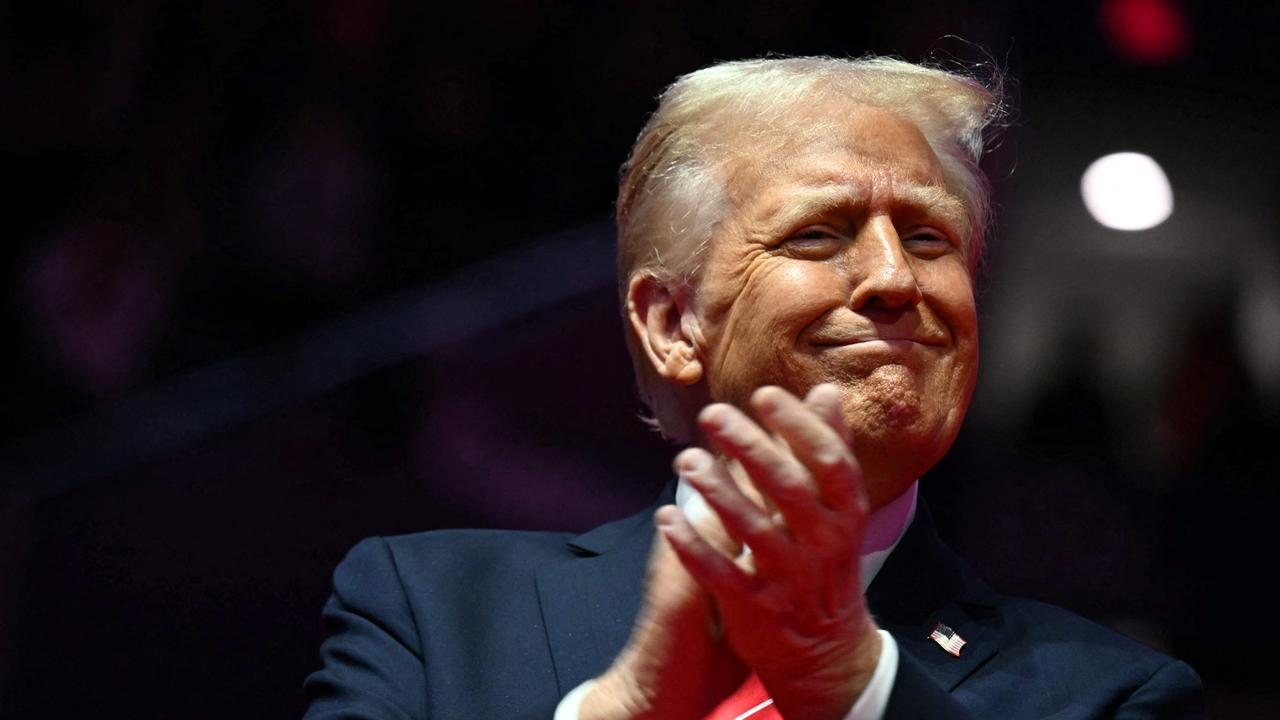
MORE:‘Hate’: Ivanka lifts lid on leaving Donald Trump
“While Trump claims he’s only joking when he floats the idea of a third term, he has a long history of using ‘jokes’ as a way of floating trial balloons,” argues governance expert Professor James Sherman.
Anyone even loosely familiar with the US Constitution may dismiss the idea.
“No person shall be elected to the office of the President more than twice,” it clearly states.
But the devil, as with all legal documents, is in the detail.
It says no person can be elected as President for more than two terms.
It does not say that no person can serve as President for more than two terms.
It’s a convoluted loophole. But “Constitutional Absolutist” judges appointed to the US Supreme Court by recent Republican administrations may sympathise with the concept.
And that makes the idea of a third Trump presidency more unlikely than unconstitutional.
He’s already expressed the inclination. And he has motive, as the legal turmoil of the past four years has demonstrated.
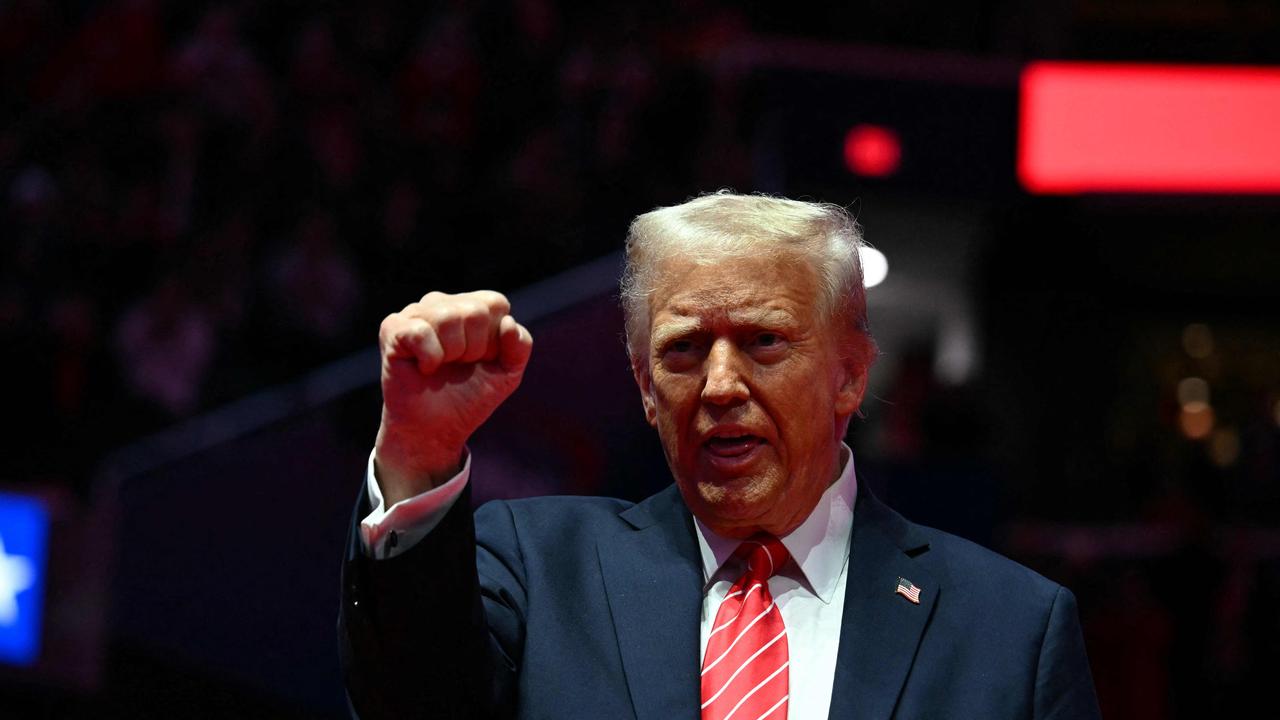
MORE: Trump ‘love triangle’ to spark $10m battle
“Once he leaves office, Trump could once again face the prospect of criminal prosecution and possibly jail time, further motivating him to stay in power. As Trump’s second term progresses, don’t be surprised if Americans hear more about how he might try to stay in office,” Professor Sherman states.
Perpetual Presidents?
Mr Trump’s November quip may easily be dismissed as banter. But some of his highest-profile supporters have seized upon the idea.
Former White House chief strategist Steve Bannon is one of them. And he wants to make it happen.
“Donald John Trump is going to raise his hand on the King James Bible and take the oath of office, his third victory and his second term,” Bannon said in a speech before the New York Young Republican Club late last year.
“And the viceroy Mike Davis tells me, since it doesn’t actually say consecutive, that, I don’t know, maybe we do it again in ’28? Are you guys down for that? Trump ‘28?”
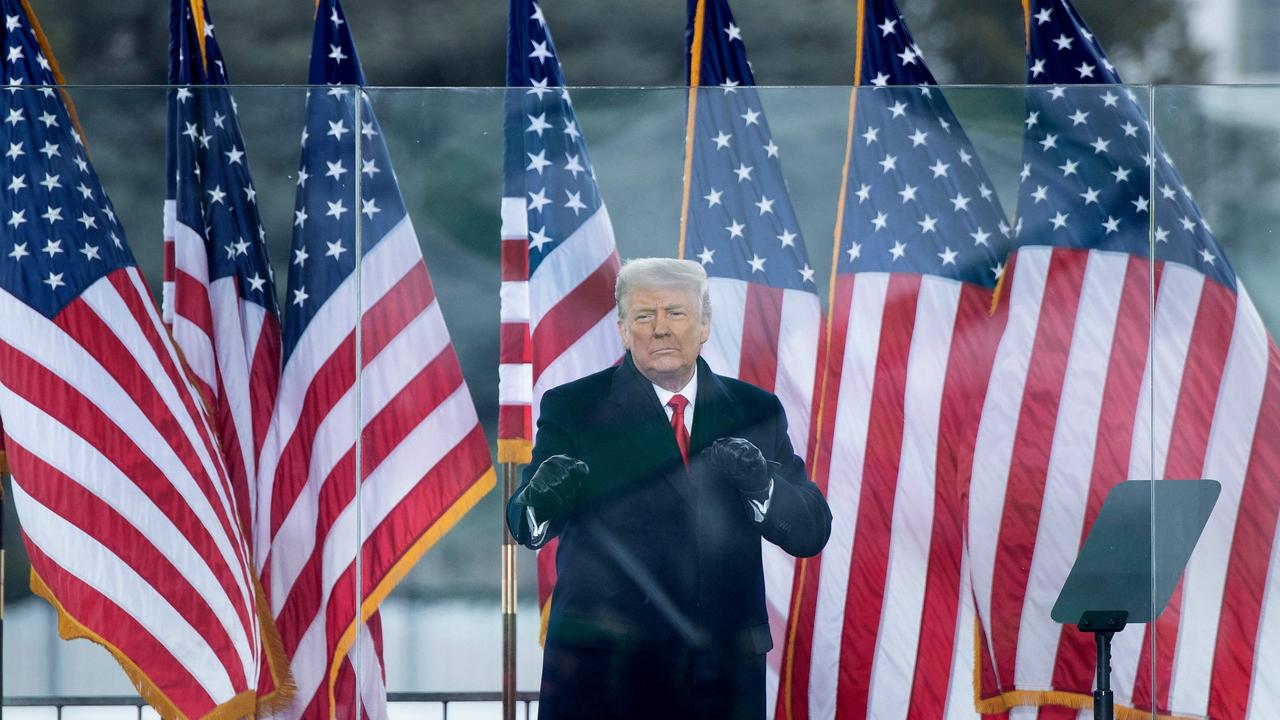
Mr Trump’s unusual relationship with the US Constitution is a recurring feature of his presidencies.
In public rallies, he loudly expresses his devotion to the rules laid down by his nation’s founding fathers.
In office, he rails against the restraints these impose upon his powers.
This became an issue on day one of Mr Trump’s 47th Presidential administration.
On Tuesday, he issued an executive order directly contradicting the Constitutional right of any child born in the United States to citizenship. This order has already been appealed to the Supreme Court.
He also seems to dislike the idea of limits to his term in office.
“Christians get out and vote. Just this time. You won’t have to do it any more,” Mr Trump told a conservative Christian rally in July.
“I love you, you got to get out and vote. In four years, you don’t have to vote again. We’ll have it fixed so good, you’re not going to have to vote.”
He seems to think it’s a good idea.
In 2018, Mr Trump congratulated the Chinese Communist Party for dispensing with the constitutional two-term limit for party chief. This allowed Chairman Xi Jinping to stay in power for an unprecedented third five-year term.
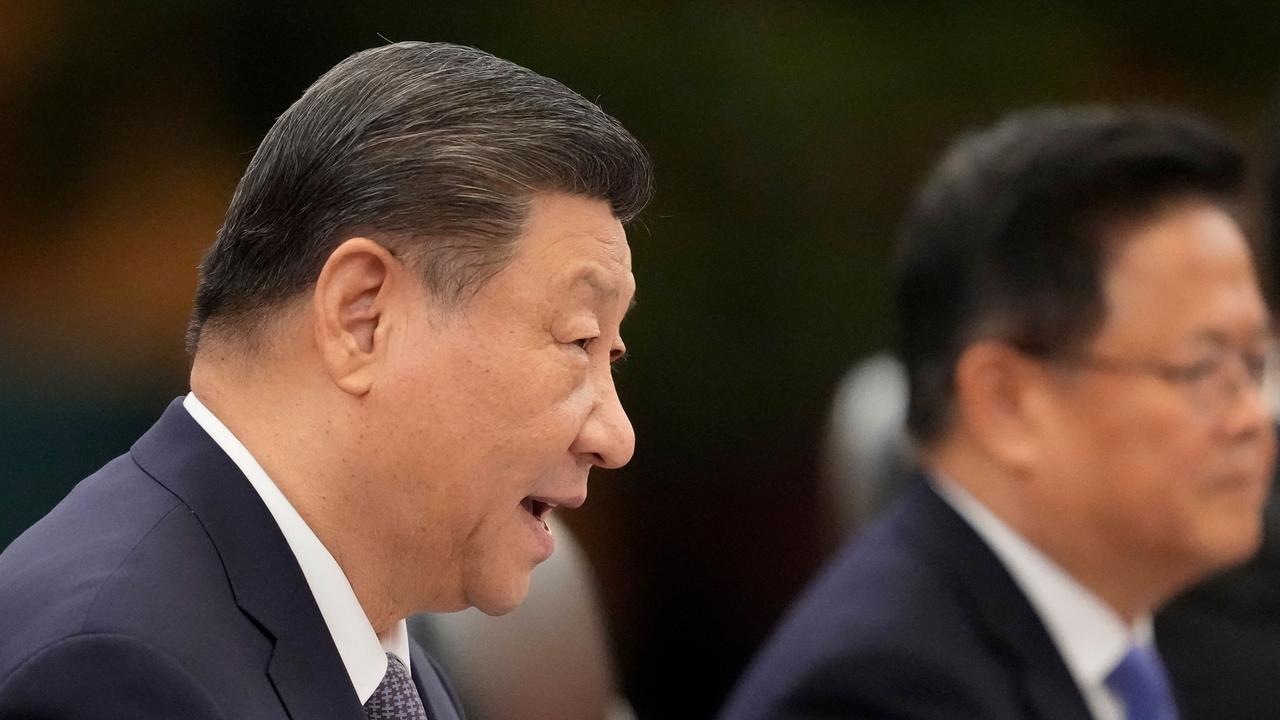
“The smartest one gets to the top,” Mr Trump later said of Russian President Vladimir Putin’s extended rule.
Mr Putin also found ways to circumvent the Constitution of the Russian Federation.
It prohibited presidents from serving two consecutive terms. So he cut a deal with his subordinate, Dmitry Medvedev, to alternate the Prime Minister and President positions. Naturally, power over the Kremlin followed whichever position Mr Putin sat in.
Since then, he has changed the Russian Constitution to do away with such limitations – and any formal form of political opposition.
“Following this example, a future Republican president could appoint Trump to an executive branch position from which he could still exercise power,” notes Professor Sherman.
Perceptions of prohibition
No person shall be elected to the office of the President more than twice, and no person who has held the office of President, or acted as President, for more than two years of a term to which some other person was elected President shall be elected to the office of the President more than once.
So reads the 22nd Amendment to the US Constitution.
This change was ratified in 1951.
Both Republican and Democrat parties had demanded the move – spurred into action after President Franklin D Roosevelt had been elected President an unprecedented four times. Both expressed fear that extended periods in office risked abuses of power.
So they looked to the first President and founding father, George Washington, for precedent. He voluntarily stepped down after being elected to two terms. Therefore, so should all others.
“Because Trump has been elected president twice already, the plain language of the amendment bars him from being elected a third time,” says Professor Sherman. “Some have argued that since Trump’s terms were non-consecutive, the amendment doesn’t apply to him. But the amendment makes no distinction between consecutive and non-consecutive terms in office.”
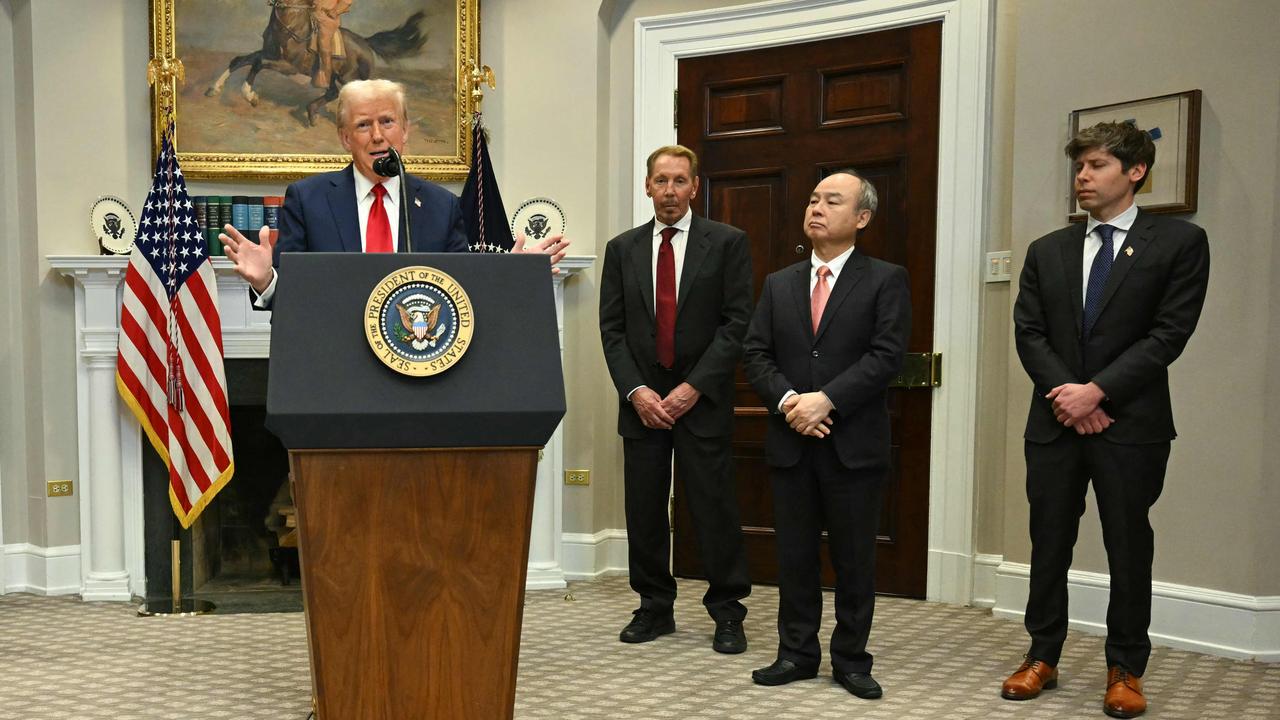
Nevertheless, it remains vague enough for plausible arguments to be presented.
“Government teachers and pundits like to boil down the 22nd Amendment to the proposition that the President cannot serve more than two terms,” argues constitutional lawyer Joel Ready.
“While this is useful in shorthand discourse, it is not precisely correct. The Constitution is an incredible document and is worthy of careful reading and study. You never know what ambiguities might be there underneath the surface.”
For example, nine US Presidents were not directly elected to office.
Vice Presidents John Tyler, Millard Fillmore, Andrew Johnson, Chester Arthur, Theodore Roosevelt, Calvin Coolidge, Harry Truman, Lyndon Johnson and Gerald Ford all stepped into the job once their predecessors had died or resigned.
They may have run on the same electoral ticket as their presidents. But their position is not constitutionally deemed to be elected.
Between the lines
The Supreme Court could interpret the 22nd Amendment as saying it only applies to presidents who have served consecutive terms. But justifying such a change to more than 70 years of contrary interpretations would be difficult.
And overthrowing the 22nd Amendment is not within the power of the Supreme Court.
“By definition, the Constitution cannot be unconstitutional,” says Stanford University law expert Professor Michael McConnell.
The 22nd Amendment would have to be repealed – a process requiring a two-thirds majority in both Congress and the Senate, and the support of 38 out of the 50 states.
But vice presidents automatically become President once the President dies or steps down.
“While there is plenty of debate on the matter, the language of the 22nd Amendment talks only about limiting who shall be elected to the office of the President,” notes Professor Peabody of Fairleigh Dickinson University in New Jersey.
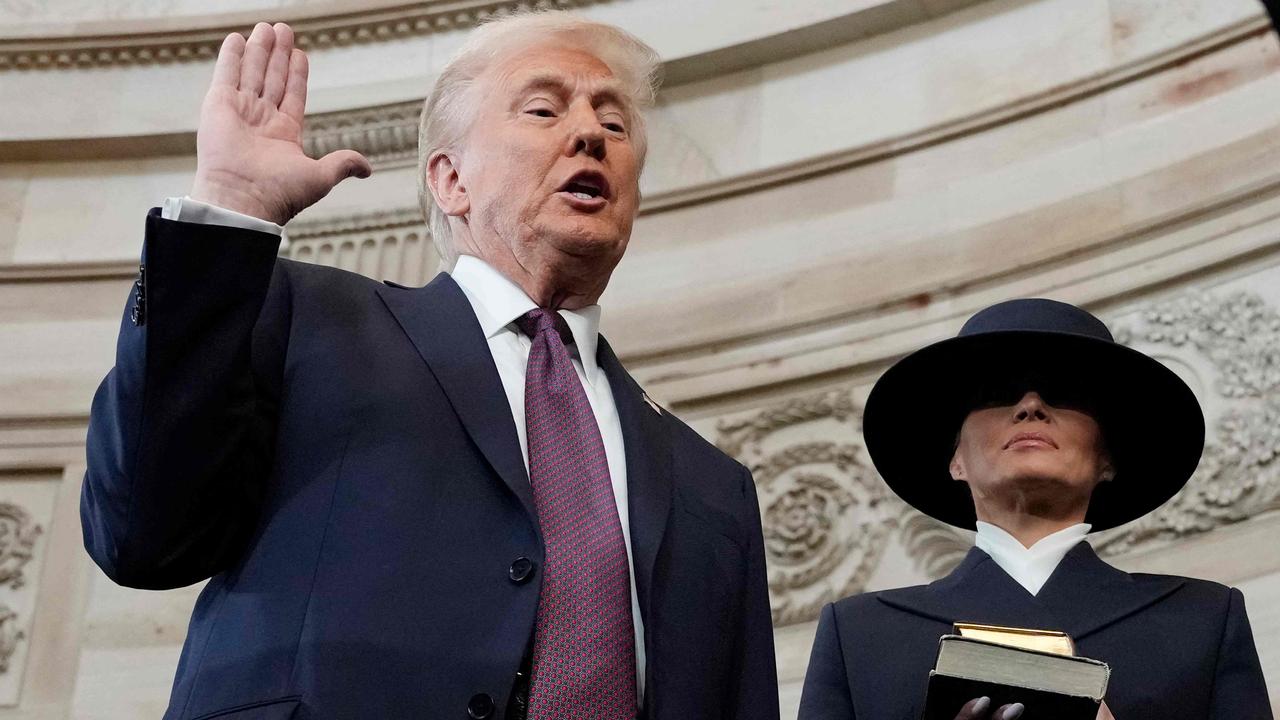
“In my analysis, therefore, the 22nd Amendment does not prohibit a person from becoming or acting as president so long as this person is not elected to a third term as president.”
On the surface, the 12th Amendment, passed in 1804, can be interpreted as disqualifying any two-term president as eligible for the vice presidency.
It imposes the same limitations applied to the President. It also states that “no person constitutionally ineligible to the office of President shall be eligible to that of Vice-President of the United States.”
However, legal opinions differ on how previous political status applies to this clause.
“In my view, those (nationality, age, residency) are the only ‘eligibility’ restrictions mentioned in the Constitution,” argues Professor Peabody. “Bottom line: A plausible reading of the Constitution is that Trump could serve out his second term and still become or act as president through one of the scenarios described above.”
It’s a matter for the Supreme Court to decide.
“Should the justices decide in Trump’s favour – as they have recently on questions regarding the 14th Amendment’s insurrection clause and presidential immunity – then the 2024 ticket of Trump-Vance could become the 2028 Vance-Trump ticket,” writes Professor Sherman. “If elected, Vance could then resign, making Trump president again.”
Future tense
Trump has floated the idea of extended presidencies several times.
But he’s also dismissed the notion.
In April, he told Time Magazine he would not want to contest the 22nd Amendment.
“I wouldn’t be in favour of a challenge. Not for me. I wouldn’t favour it at all,” Trump said. “I intend to serve four years and do a great job.”
But, in theory, Trump could run as vice president in 2028 under the 12th Amendment.
He would be 82 years old. But the Constitution only imposes one age limit: A President must be at least 35.
“In this scenario, shortly after taking office on January 20, 2029, President Vance could invoke the 25th Amendment by notifying the speaker of the House and the president pro tempore of the Senate that he is unable to discharge the duties of president,” states Professor Sherman. “He would not need to give any reason or proof of this incapacity.
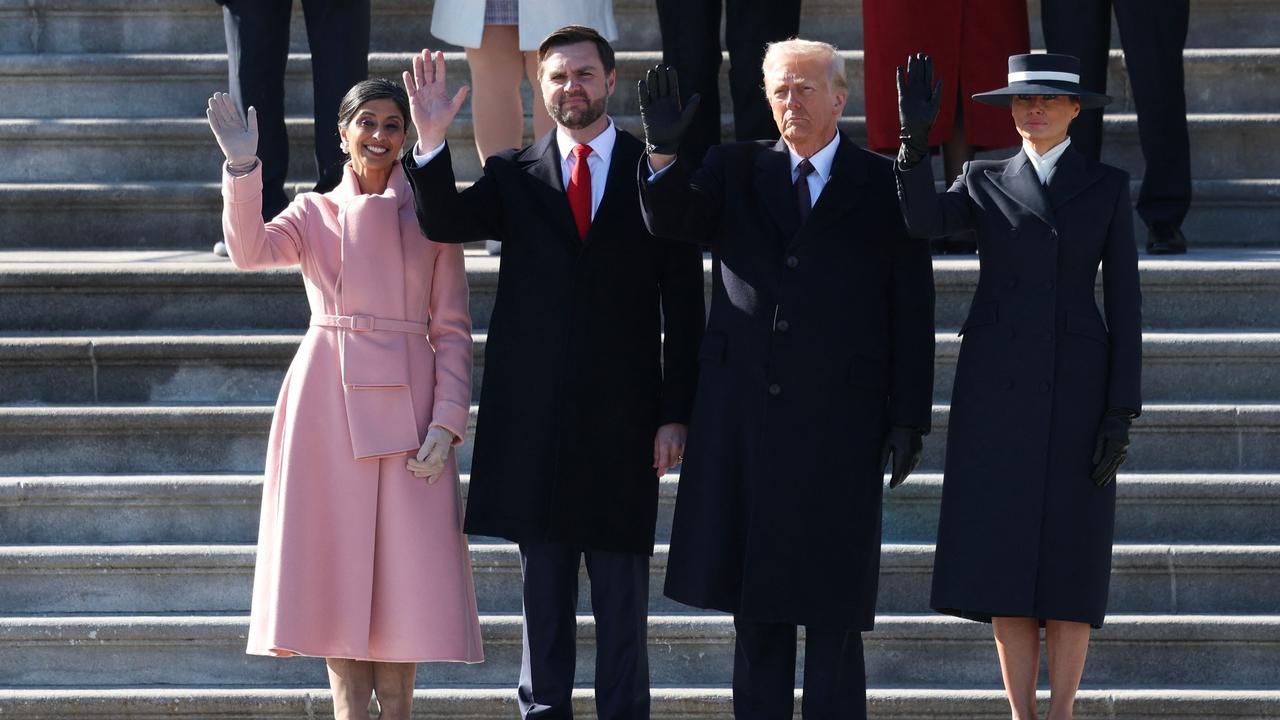
“Vice President Trump would then become acting president and assume the powers of the presidency until such time as President Vance issued a new notification indicating that he was able to resume his duties as president.”
And such a move need not be a secretive conspiracy.
“In a time of concern, perhaps the Nation could call on a former two-term President by electing him as Vice President even with the knowledge that the plan all along was for the President to resign immediately upon taking Office,” says Ready. “Alternatively, a past popular President could become Speaker and Act as President or become President through constitutional means.”
Ready adds that there is a third pathway to the presidency.
That involves no clear outcome being derived from the November 8, 2028, US Presidential elections.
More Coverage
Trump is the head of the Republican Party. And the Republican Party controls Congress, the Senate and the Supreme Court.
“The second way to be president is to be “chosen” President by the House of Representatives in those unusual situations where no candidate for President obtains a majority of the electoral college,” he writes. “The 12th Amendment, carefully tracking and rewriting the language of Article II, Section 1, refers to the House’s right to “choose” the President three times …”
Jamie Seidel is a freelance writer | @jamieseidel.bsky.social
Read related topics:Donald Trump






